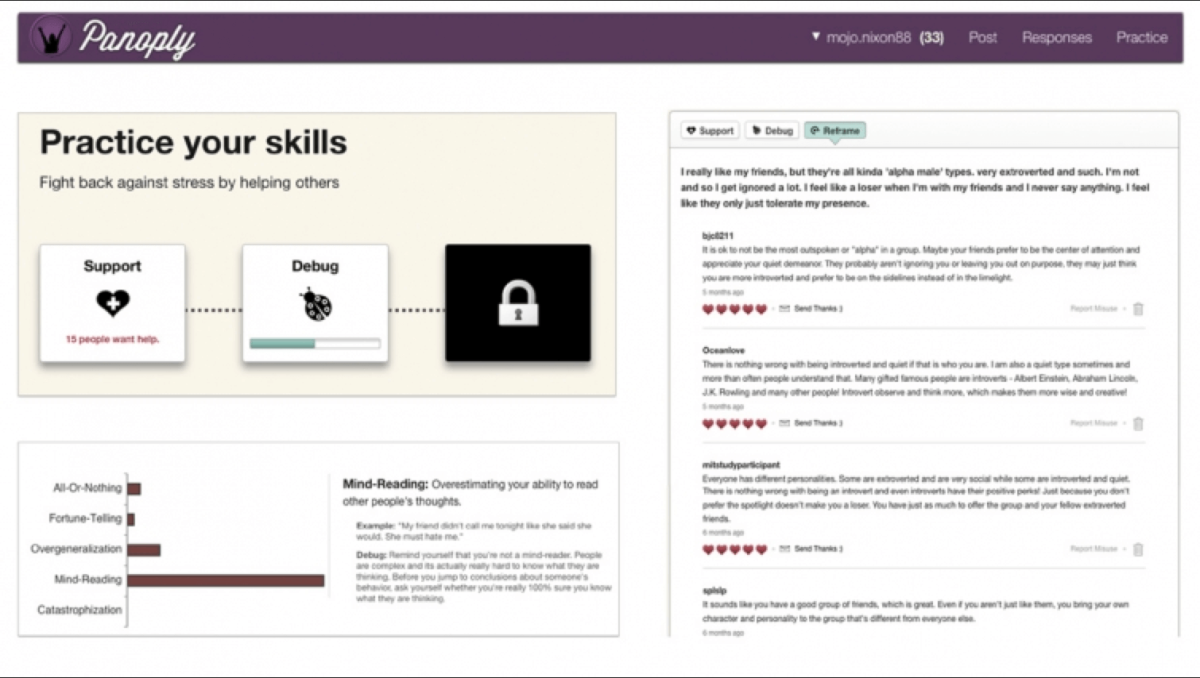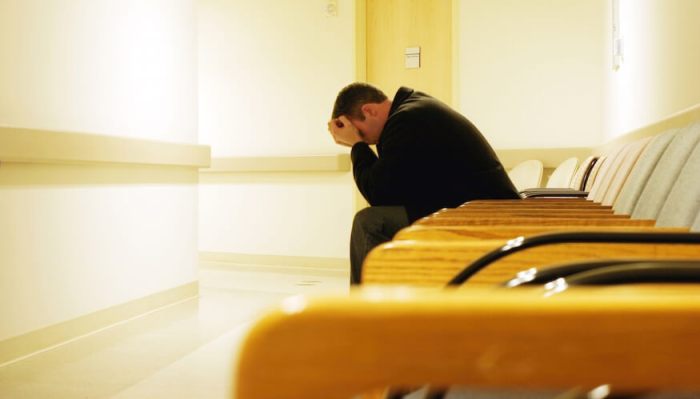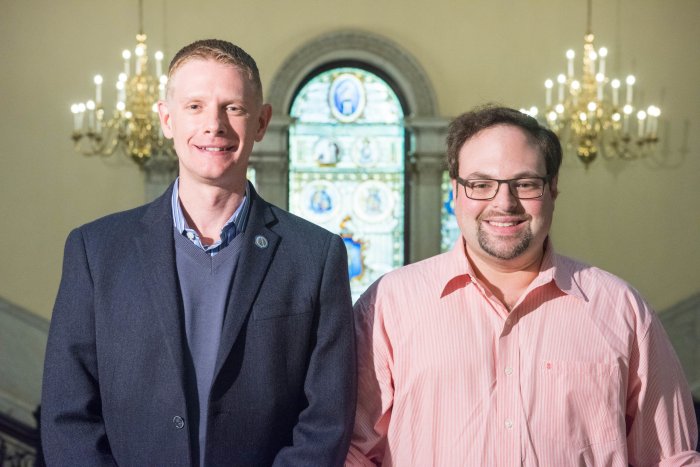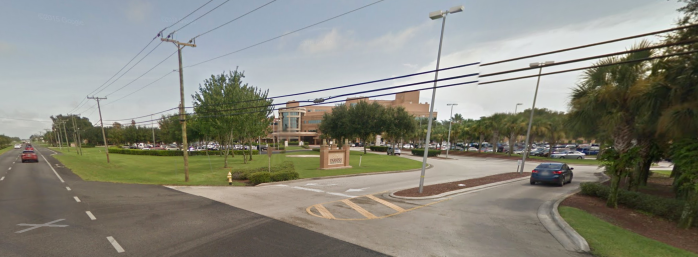An MIT researcher Robert Morris has developed a social media platform intent on aiding users to deal with depression. “Panoply” works by teaching users a therapeutic tool called cognitive reappraisal: When a person is stressed, they write what is causing the problem and their reaction. The “crowd” then responds by offering a contrasting outlook. “Responding to others is framed not just as a good deed, but also as a chance to help oneself,” Morris told Metro. Why have you created Panoply?
– The idea came when I was a graduate student at MIT. I had previously been in psychology departments and had no engineering training at all. I was expected to program at a world class level at MIT, but found myself barely keeping up. I had all these negative, distorted thoughts about myself and my ability to survive at MIT. I eventually found an amazing programmer’s website called StackOverflow – it’s a place where you can describe any problem you’re having with you code and, almost magically, a hive of programmers comes to your aid and helps you. The intuition then was: if a network like stack overflow can help me identify and fix bugs in my code, perhaps something similar could help me identify and fix bugs in my thinking. What is it for?
– The point of the app, now called Koko, is to help individuals develop skills for emotional well-being. It is a truly social, collective approach, where everyone helps each other.
How does this crowdsourced platform for depression work?
– The platform uses techniques from a therapy style known as cognitive-behavioral therapy. We have embedded these techniques into a fun and engaging social experience that can be used by anyone. The primary focus is to help users think flexibly about stressful situations. Thinking flexibly about stressful thoughts and situations requires creativity and poise, faculties that often elude us when we need them the most. On our app, the crowd helps you find more realistic and rational interpretations of negative situations. So, what are users supposed to do?
– Users on the app also get the opportunity to give back and help others. Responding to others is framed not just as a good deed, but also as a chance to help oneself. Users are told that each time they respond to others they get to practice stress management techniques that can be applied to themselves offline. They are reminded that teaching others can be an exceptionally great way to learn. Why is Koko better than normal social media?
– You can get sometimes get support and comfort from social media. But this doesn’t always happen and, most importantly, these platforms don’t teach evidence-based skills for mental health and emotional well-being. You may get some support when you’re feeling down, but you do not get exposure to valuable emotional health skills that can endure offline. Our innovation is to embed evidence-based skill training within an engaging social platform. Who will use this platform?
– It is open to anyone interested in emotional health and well-being. Users do not need to have depression to enjoy using the app. For many, the app is simply a fun, quick way to help other people. But we should be clear: this is still a self-help platform, not a formal mental health resource. What is the future of Panoply?
– We are developing a mobile app version. It is invite only at the moment.
OMG: ‘Panoply’ is the new social media site for depression
























